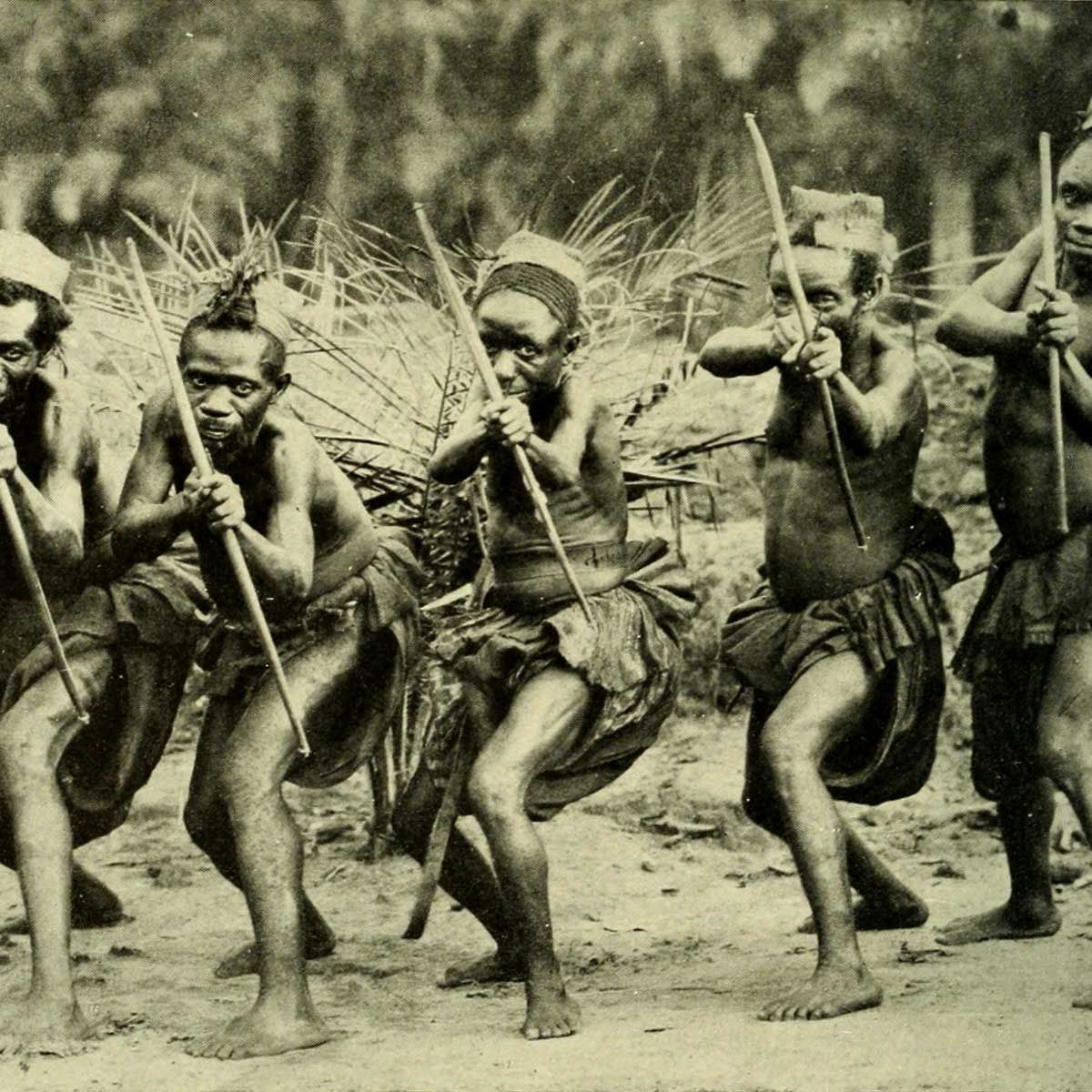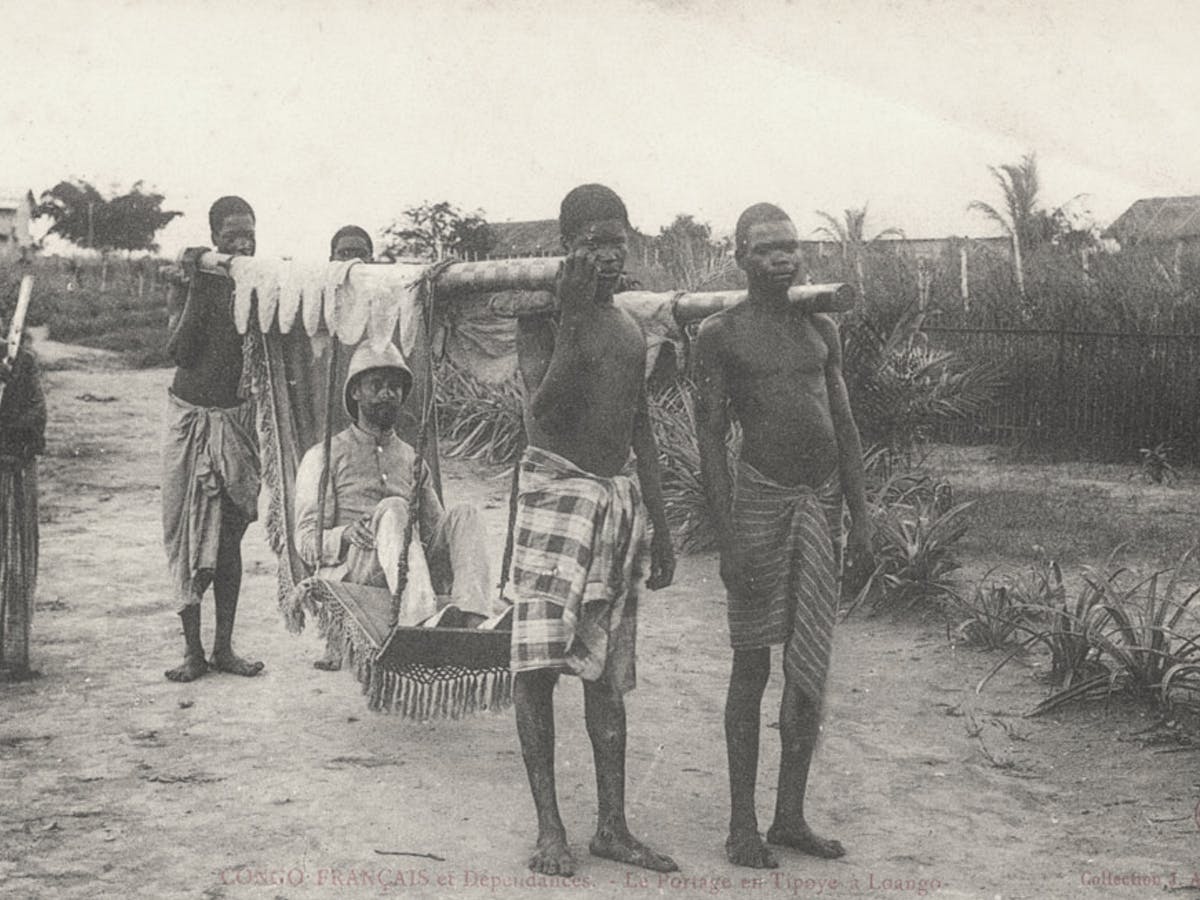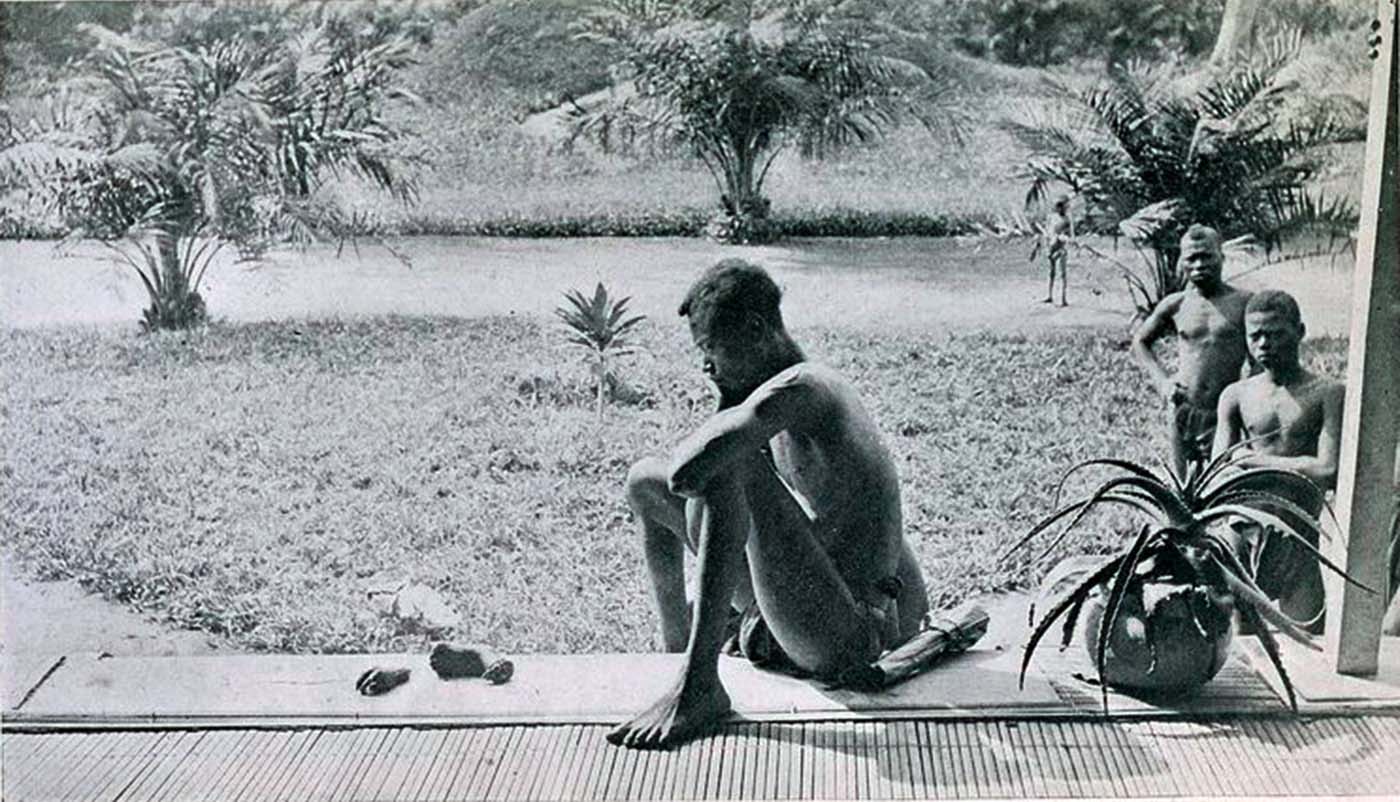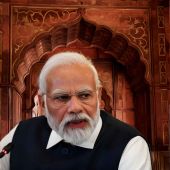‘The Economist’ slammed by African netizens for romanticising colonial-era bureaucrats that resulted in killing of approx 10 million Congolese

In its July 31 edition, The Economist included a review of the book, ‘In the Forest of No Joy’ by J.P. Daughton. The book depicts the brutality that was unleashed on Congo during its colonial occupation by Belgium under King Leopold II at the end of the 19th century. As the review itself states, nearly 10 million Congolese, almost half of their population, perished under Leopold’s reign when villagers were forced into labour to collect rubber and ivory which the colonizers exported for profit.
The Belgian state later overthrew Leopold seizing his private properties and after 1908, ‘the Belgian Congo joined other European colonies in Africa where wanton extraction was to be replaced by a supposedly civilising mission, but it was ‘not that different from what happened under Leopold.’
American historian Daughton’s book ‘exposes how forced labour in the French Congo (now the Republic of Congo), on the other side of the river from Leopold’s possession (now the Democratic Republic), led to the deaths of tens of thousands of Africans.’
The book describes the construction of the Congo Ocean Railway that connected the central African interiors to the Atlantic. It speaks of the railway-building exercise not being devoid of violence and yet, surprisingly, The Economist review claims that some of the colonial bureaucrats ‘genuinely seemed to think they were lifting Africans out of poverty.’
 |
Daughton depicts how the colonial administration claimed that it recruited paid volunteers for the railway construction work, but in reality, it was forced labour and the Congolese were ‘forced to work at gunpoint.’ The labourers were treated brutally, often chained at the neck, and forcefully marched for miles to the tracks to carry out the construction.
The colonial state used the unskilled labour of the Congolese for free and found it cheaper to replace the dead labourers with new ones than to keep the labourers in good health! In 1925, a doctor estimated that most labourers did not survive for more than a year. The book thus shows how the colonizers had a clear disregard for the life of the Africans, a race that they, the Whites, considered to be inferior.
Worse, despite their own French officials documenting this abusive state of affairs, nothing was done to change the brutal treatment. In fact, one of the officials had compared the murder of the railway labourers to the genocide of the Herero in Namibia and yet no action followed to rectify this.
Despite the revelations of brutality made in the book, The Economist spoke of the ‘admirable intentions of colonial bureaucrats,’ when tweeting about the review of the book in a clear attempt to whitewash the crimes of the white colonialists.
Naturally, the tweet generated huge outrage among several people and The Economist was forced to take down the tweet. Amongst those outraged were many Africans who took umbrage to the wordings in the tweet, and rightly so.
 A Congolese man looking at the severed hand and foot of his five-year-old daughter who was killed, and allegedly cannibalized, by the members of Anglo-Belgian India Rubber Company militia. |
One handle, Ifalade Olorontuba from Nigeria said that chopping off hands of the Congolese and killing between 5 to 8 million of them cannot be considered as having ‘admirable intentions’:
|
Similarly, a handle called Afrikan Mama said that colonial bureaucrats did not have a single admirable intention:
|
A handle representing a 2020 book on the subject of brutality connected with building infrastructure, with the title ‘Infrastructural Brutalism’ also tweeted against The Economist’s ‘typical apology for colonial violence’:
|
The Economist’s content has always tended towards being condescending and patronizing towards non-white countries which it considers ‘third world’. There is also a tendency to try and play king maker for these poorer nations. One cannot forget how before 2014, it was campaigning against Narendra Modi and batting for a weak dynast like Rahul Gandhi!
References:
hindupost.in - By Anuradha
 Support Us
Support Us
Satyagraha was born from the heart of our land, with an undying aim to unveil the true essence of Bharat. It seeks to illuminate the hidden tales of our valiant freedom fighters and the rich chronicles that haven't yet sung their complete melody in the mainstream.
While platforms like NDTV and 'The Wire' effortlessly garner funds under the banner of safeguarding democracy, we at Satyagraha walk a different path. Our strength and resonance come from you. In this journey to weave a stronger Bharat, every little contribution amplifies our voice. Let's come together, contribute as you can, and champion the true spirit of our nation.
 |  |  |
| ICICI Bank of Satyaagrah | Razorpay Bank of Satyaagrah | PayPal Bank of Satyaagrah - For International Payments |
If all above doesn't work, then try the LINK below:
Please share the article on other platforms
DISCLAIMER: The author is solely responsible for the views expressed in this article. The author carries the responsibility for citing and/or licensing of images utilized within the text. The website also frequently uses non-commercial images for representational purposes only in line with the article. We are not responsible for the authenticity of such images. If some images have a copyright issue, we request the person/entity to contact us at satyaagrahindia@gmail.com and we will take the necessary actions to resolve the issue.
Related Articles
- Chinese authorities tortured and arrested Tibet Monks for ‘leaking info’ after forcing them to watch the demolition of 99 foot tall Buddha in Draggo county, Kham, Tibet
- Beijing’s expansionist and interventionist policies has stirred Anti-China sentiments in Nepal: Reports of China drawing fierce pushback from Nepali citizens surfaces
- Facing an economic crisis Nationalist Pakistanis are loathing Saudi Arabia, and they have solutions for all the obstacles: Nukes and opium
- Philadelphia Mass shooting in USA: 3 dead, 11 injured after multiple attackers open fire at crowded street using automatic weapons which are easily available in US stores, No arrests till now, police looking for surveillance footage
- Supported the United States-led ‘war on terror’ in Afghanistan for ‘dollars’ and not in “public interest”: PM Imran Khan regrets
- The Islamic Doctrine of Permanent War: Jihãd and Religious Riot
- Indian international students are falling prey to sex pimps, targeting girls at educational campuses in Canada: Report by The Canadian Bazaar
- In an attempt of the propaganda against India, an International Toolkit activated in Karnataka Hijab Row: French Footballer Paul Pogba shares post supporting Hijab in colleges
- Karkardooma Delhi court slapped a fresh sedition charge against Sharjeel Imam over his provocative speeches in Jamia Millia Islamia University and Aligarh Muslim University during anti-CAA protests
- How Africa’s traditional religions were exterminated by Islam and Christianity
- On 2 years of anti-CAA violence, frustrated Arundhati demands ‘PM should be only for 5 years’ at Jamia event
- Mentally-challenged Tamil Hindu man executed for a drug offense by Singapore whereas India's Supreme Court shockingly commutes death sentence of child rapist and murderer Mohd Firoz
- "Cheers to bloopers, Canadian hoppers": Canada's shocking applause for WWII veteran Hunka, an ex-Nazi SS member, brings to light a disturbing pattern of harboring war criminals, amidst international outrage, the nation grapples with its unsettling past
- Dangers of losing our identity: Guru Tegh Bahadur forgotten and Aurangzeb being glorified
- Pakistan’s ISI and Sikh For Justice has activated its terror outfits to derail the Punjab election, thinks it is ‘now or never’ opportunity for Khalistani Movement: Intelligence agencies issues warning













